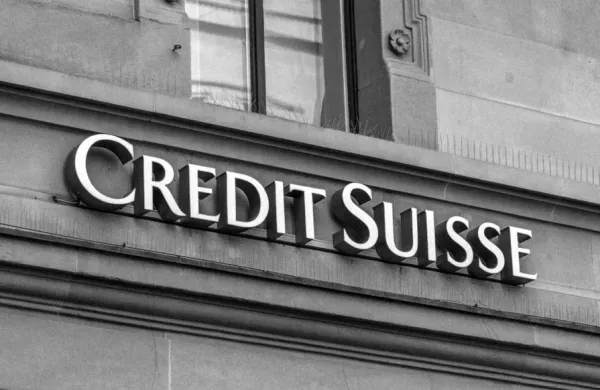What initially looked like an anomaly has now turned into a troubling trend for the hedge fund industry. Total net redemptions from hedge funds surged to $28 billion in the third quarter, which works out to about 1 percent of the total capital invested in the hedge fund industry, according to data tracker HFR. This was the fourth consecutive quarter of redemptions and the largest quarterly outflow since the second quarter of 2009. Altogether, the hedge fund industry has suffered $51.5 billion in net total outflows in 2016. Thanks to performance gains, however, total industry-wide capital actually rose in the third quarter, to $2.972 trillion.
The firm’s HFRI Fund Weighted Composite Index rose 2.9 percent in the third quarter and is up 4.2 percent for the year. In any case, the largest firms suffered the most from redemptions. According to HFR, nearly $22 billion (net) was either redeemed or returned from firms with more than $5 billion in assets under management. This compares with $7.4 billion in outflows from firms managing between $1 billion and $5 billion. HFR also said firms managing less than $1 billion “experienced a small net inflow.”
___
Jeffrey Smith’s Starboard Value agreed to settlements with two of its activist targets this week. In one case, Stewart Information Services announced that two directors will resign and be replaced by two individuals designated by the activist hedge fund firm. In addition, within ten days the board of directors of Stewart, a title insurance and real estate services company, will begin a search for two new independent directors, who must meet the approval of a Starboard designee and others. In August, Starboard disclosed it owned 9.9 percent of Stewart.
Separately, Starboard announced an agreement with Depomed, a pharmaceutical company that specializes in neurology-related products. The company agreed to appoint three Starboard nominees to its board of directors. In a regulatory filing in April, Starboard said it had “significant concerns” about the company’s corporate governance, questionable capital allocation decisions and “egregious actions taken” to avoid being acquired, accusing management and the board of deliberately entrenching themselves. Starboard also threatened to submit its own slate of director nominees at Depomed’s annual meeting. As recently as one month ago, Starboard announced it set November 15 for a special meeting of shareholders of Depomed, stressing the company needed to replace its entire board of directors. It also said Depomed would be “extremely attractive” to numerous potential acquirers. In this week’s filing Starboard agreed not to seek a special meeting.
___
Deutsche Bank cut its rating on the shares of Willis Towers Watson from hold to sell, asserting it is skeptical the company can meet investor expectations following its September 30 investor day. In a note to clients, the bank does point out that bullish investors felt current management “had a grasp on the issues” that have plagued the company over several years. The global advisory firm began operating after the early January completion of the merger between Willis Group Holdings and Towers Watson. ValueAct Capital Management, an activist hedge fund firm, had sizable positions in both of those stocks at the time. ValueAct is now the third-largest shareholder of the merged company.
___
Deutsche Bank cut its price target on hedge fund favorite Walgreens Boots Alliance from $94 to $88. The bank cites recent reports that a number of private equity firms and other companies have decided not to buy some of the stores of Rite Aid, which Walgreens agreed to acquire. DB points out in a note to clients that Rite Aid needs to sell 650 stores in order for the two drugstore giants to complete their planned merger.
Even so, the bank maintained its buy rating on Walgreens’ shares. At the end of the second quarter, at least 73 hedge funds held positions in Walgreens. The stock was the third-largest holding of New York-based Jana Partners and the seventh-largest U.S. long of San Francisco-based Valiant Capital Management.
___
Citadel disclosed it more than tripled its stake in video game maker Take-Two Interactive Software to more than 5.1 million shares, or 5.8 percent of the total outstanding.






